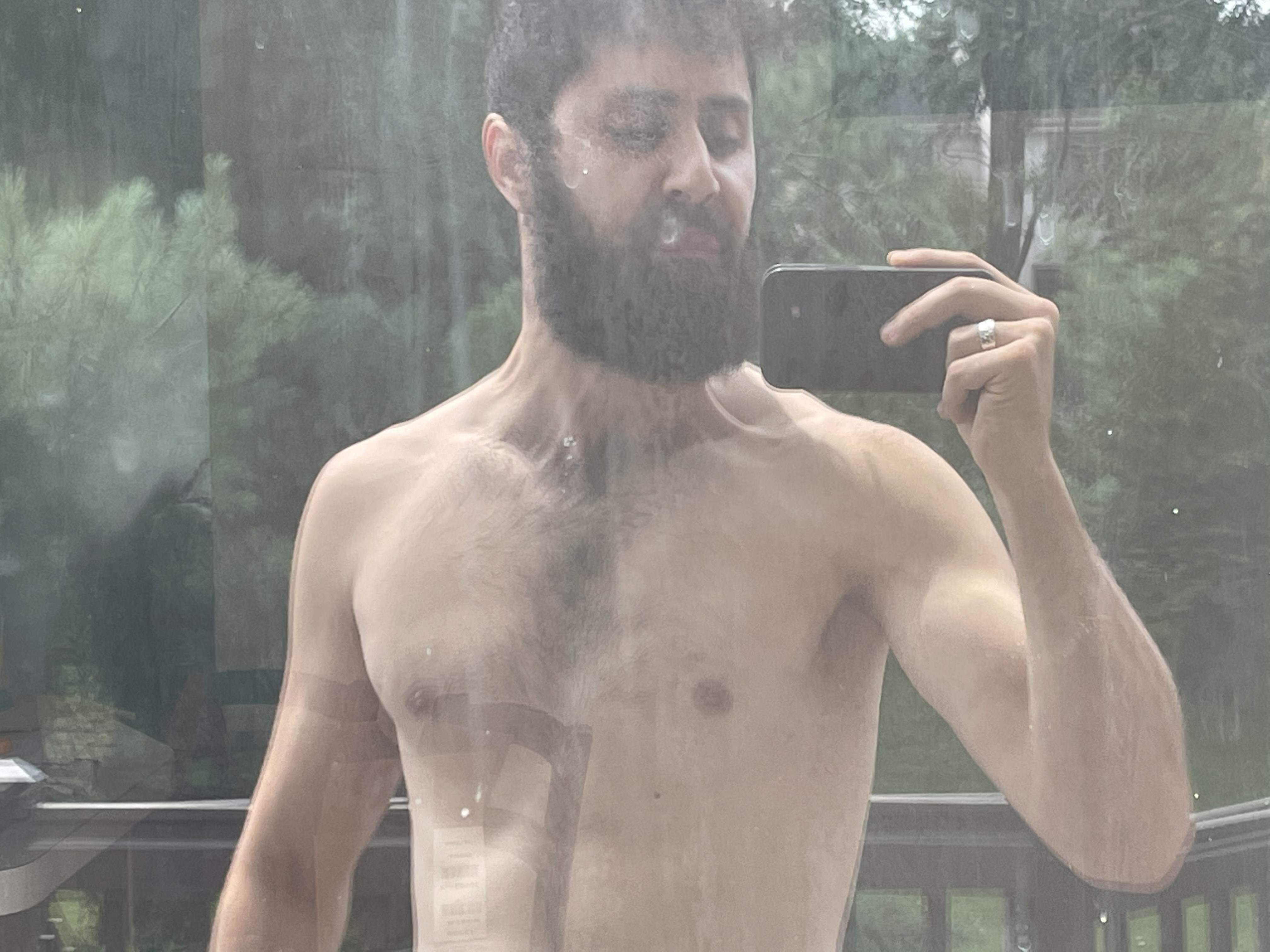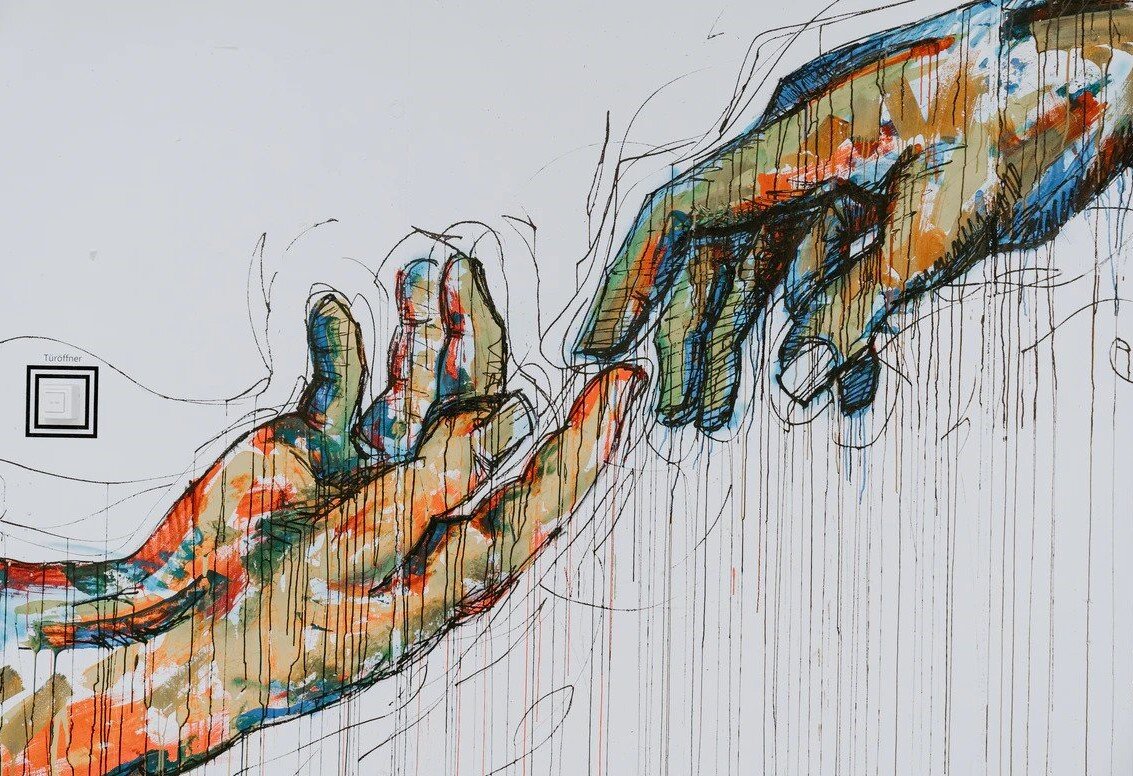
The focus of this blog is integrity, particularly in the sexual area, but any topic that influences the quality of life is fair game. Today I’m sharing my testimony, per the title of this article, of how I got healed from 5 years of disabling neck pain, back pain, and vocal disorders. Some people relish in the opportunity to share personal details about their lives, but not me. I’ve been healed for almost 5 years now, ironically about the same length of time I was ill. Up until now, I’ve resisted writing out my full testimony, despite being very active on forums where it was popular and welcome to do so. My motivation today isn’t a desire or need to express myself. Rather, I think my story may help and encourage someone else going through something similar to what I went through. It was, after all, the knowledge and success stories of people on the internet that enabled me to embark on my healing journey in the first place. If you suffer from chronic pain, various chronic conditions, including those affecting the neck, back, voice, etc., I invite you to read as much of this article as you can. What do you have to lose, besides 15 minutes of your time?
I’ve divided my testimony into four sections—1-) How I Became Chronically Ill; 2-) How My Healing Journey Began; 3-) My Life Today; and 4-) My 7 Keys To Continual Healing. I begin with some personal biography to set the context, but also because some of those details, as you will discover, factored into my healing journey. I address how I became unwell; what my life was like living with a chronic illness; the day everything changed for the better; and some of the major lessons I have learned about healing on the journey.
Disclaimer: I am not a doctor and I do not give medical advice. You should consult your doctor about any physical health issue. What I am is a guy on the internet sharing how he went from a life of pain / disability to a life of health / empowerment.
How I Became Chronically Ill
The summer of 2012 was my last summer in my home state of Ohio before heading off to college out of state. I had worked extremely hard in high school to get to that point, which paid of in the form of an acceptance letter and scholarship to a top-20 school in Washington, D.C. The scholarship meant that I could focus all my efforts on studying during the next four years and wouldn’t be burdened by undue financial stress. However, I was never really content with my state in life. I remember shrugging off my acceptance letter in frustration several months prior. “I was expected to get in,” I told myself. “Plus, there are better schools out there that you haven’t heard back from.” I wasn’t really excited to go to college, in general. Ambition had consumed my life up until that point, and college to me signified more hard work and achievement. I didn’t find what I did very fulfilling, despite the praise I would get from my family, friends, teachers and peers for my ridiculously high grades and test scores.
In high school, I recall being busy 24/7. I was the valedictorian of my class (small school), the class president, co-captain of the soccer team, and I was involved in other extracurricular activities. I was studying multiple languages in my free time, on top of my regular academic and athletic responsibilities. I seemed to get good results with school and sports, but my hasty lifestyle took a high toll on me psychologically. I was chronically stressed. I was perfectionistic. I kept telling myself, “when I achieve x,” or “when I achieve y” — then I’ll let myself be happy. My social life outside of school was virtually non-existent. I remember going to school from like 8 to 3, attending soccer practice during season, studying some more at home, and then going to sleep. Even at restaurants, I would always have a dictionary or book out so I could maximize my time while the food was being cooked.
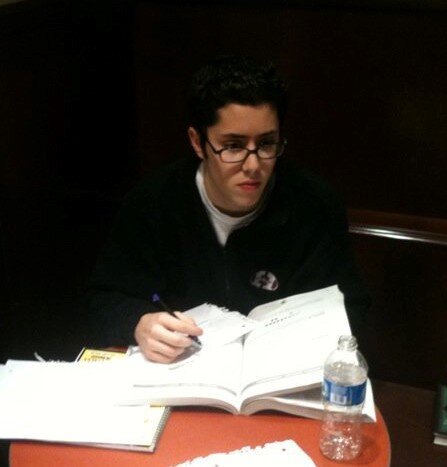
I kept telling myself, “when I achieve x, or “when I achieve y”–then I’ll let myself be happy.
From the outside looking in, my lifestyle probably did not seem all that bad, since I was a nice person and had a lot of external things going for me. I had a reputation for being “the smart guy” at my school–someone who excelled academically and had a bright future. However, that summer before university, I recall feeling pretty miserable, which was really the culmination of the path I had been on leading to that point. My identity was based on achievement, and it seemed that the goalposts were constantly shifting. Every time I achieved one goal, two new goals would pop up. In other words, the beast was never satisfied. That summer, I continued studying really hard, neglecting social relationships, and was in an overall negative state of mind. I recall early in the summer, a man came up to me during a church service and said, “There are many hard days ahead of you.” He tried to say something encouraging after that, but that part is the only thing I remembered.
It is in vain that you rise up early and go late to rest, eating the bread of anxious toil; for he gives to his beloved sleep.
Psalm 127:2
About two weeks before college, something pretty devastating happened. One day, while working out, I noticed a sharp pain in my neck. I assumed that I had pulled a muscle. Annoying, but no big deal, right? I was an athlete and had been hurt before. The pain would go away within a few days, I assumed, as it always had in the past. The next day the pain in my neck was pretty severe and continued to linger, day after day after day. When it was time to go to college, I remember being in horrible pain. It hurt to lie down, let alone to sit, speak, or actively engage with my environment. Earlier that summer, I noticed that a tension had developed in my voice–the thing that speakers and singers love to dread–but on a more extreme level. My newfound neck pain exacerbated my difficulty speaking. It made it hard for me to focus and function. And it couldn’t have come at a worse time. I was developing a disability just in time for college.
To make a long story short, my pain, instead of going away, got worse, spread to my back, and leveled off at a critical point. At college, my neck/back pain was the first thing I thought about in the morning, and the last thing I remembered before going to sleep. I went to the doctor early that semester and was prescribed pain killers and physical therapy. I was referred to a voice specialist. There was no structural damage to my neck (great, and now what?), but they diagnosed my voice with muscle tension dysphonia / spasmodic dysphonia / partial vocal cord paralysis. Speech therapy it was. However, the physical therapy, speech therapy, and muscle relaxers provided only temporary relief, if any at all, and my condition continued to deteriorate.
In college, my social life was non-existent. It hurt to speak, and I barely did so at all. I would go days and weeks where I uttered just a few words here and there, as needed not to offend people and to fulfill my obligations as a student. I was blessed to have a roommate who was very understanding. Ironically, my roommate was one of the most social people on the whole campus. He was very involved at church, and was one of very few friends I made during my entire time in college. I was in his wedding a few years ago, and I consider him a good friend to this day.
A man who has friends must himself be friendly, But there is a friend who sticks closer than a brother.
Proverbs 18:24
It’s hard to be friendly when your life is defined by physical pain, and you barely have the capacity to socialize. I was always a kind person, but I didn’t stand a chance in social settings. Given the circumstances, my heart and mind were full of anxiety at all times. When I wasn’t in class or doing homework, I would lie down as much as possible. Oftentimes, I would plan my essays while lying down to minimize the pain I would experience sitting on the computer in an upright position. I used to wear a neck brace (extremely awkward in public), but I eventually stopped wearing it because it didn’t seem to help, and I read some article that said that wearing one would weaken the neck muscles.
To be sure, I continued to visit the doctor regularly throughout college. I recall doing physical and voice therapy multiple times. I visited the emergency room at least twice, due to bouts of excruciating pain, such that I could not sleep a wink. I was even diagnosed with carpal tunnel syndrome at one point, for pain/dysfunction that had spread to my wrists. In a word, my poor physical health had consumed my life. I managed to get good grades, but that was literally the only positive thing that could be said about my days as an undergraduate.
All the days of the afflicted are evil, but the cheerful of heart has a continual feast.
Proverbs 15:15
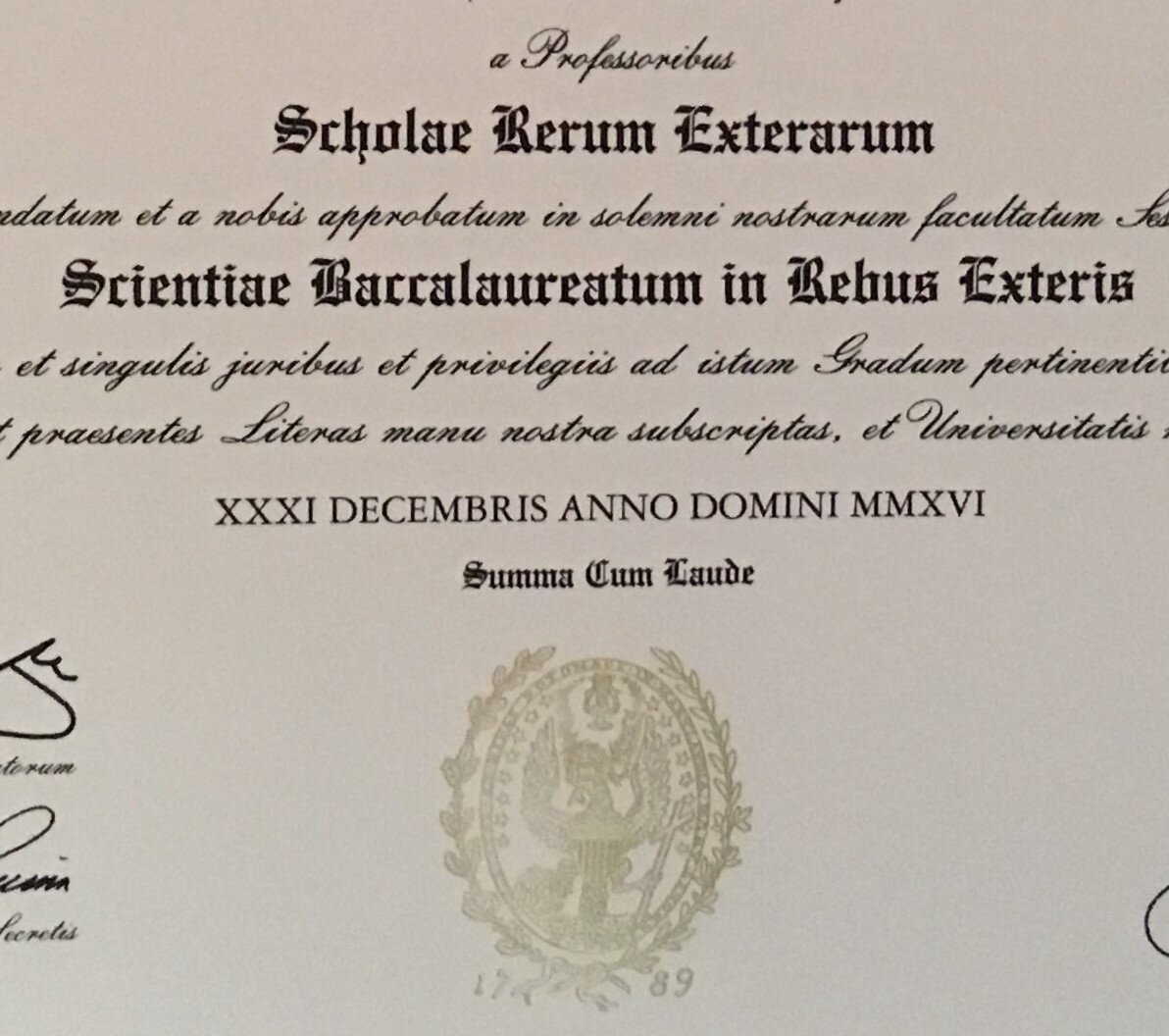
After two brutal years, marked by intensive physical pain, anxiety, and being a social outcast (something I never imagined I would be)—including a semester abroad in the Middle East–I needed out. I wrote my dean requesting a medical leave of absence. Getting approved was the easy part. The hard part was going back home and facing my friends and family. They had good intentions, but they simply couldn’t understand what was going on with me [e.g. see THIS short clip by Mikhaila Peterson on the rough treatment chronically ill people often receive].
However, I was optimistic that with the time away, my condition would get better. This was the first opportunity I had to dedicate myself completely to healing using a regiment of rest / physical therapy / vocal therapy. At home, I took a few local classes to stay on track (with special accommodations) and focused the rest of my time and energy on getting better. While on leave, some of my immediate triggers and stressors were gone, but my condition, somehow, did not improve. It was a mystery to me. I had reached wit’s end. My hope faded that I would get better soon, if ever.
My relationships with friends and family members were fractured. I went from being someone that brought pride to someone whose life was marked by weakness and disability. I was a kind of black sheep of the family, which maybe wouldn’t have been so devastating, if only the pain would go away. .
The heart knows its own bitterness, and no stranger shares its joy.
Proverbs 14:10
I was extremely disappointed when I went back to university. What in the world was going on? How was I going to get through? I was only 20 years old. I had tried everything—or so I felt—even taking time off school, which would have been inconceivable under normal circumstances. Nothing had worked. Dropping out, or taking more time off, was not an option. In my own mind, I had no choice but to go back. I was caught “entre la pared y la espada,” as they say in Spanish. I.e., between a rock and a hard place.
One doctor told me, “Everyone experiences pain. You just have to learn how to live with it.” Living like this forever, to me, was a non-starter. “Clearly he didn’t understand how bad it was,” I thought to myself. I used to identify as someone with a normal to above average pain tolerance. Hec, I used to lift heavy weights for fun and play competitive sports in high school. There is a pain that builds you up and a pain that breaks you down. This pain belonged to the second category, and it was a lot worse than anything I had ever experienced.
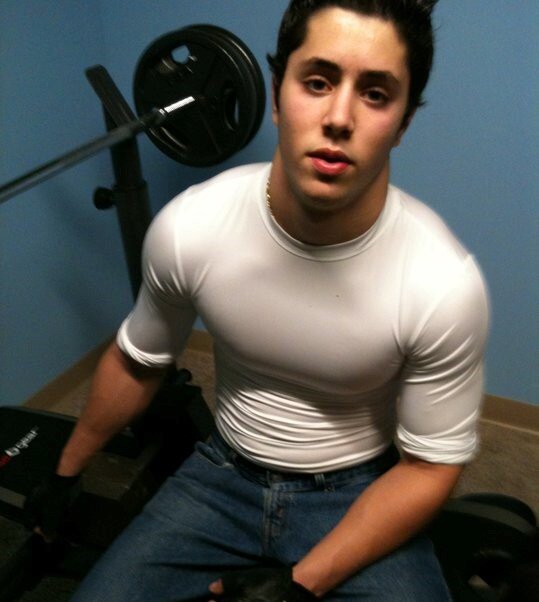
I limped my way through the rest of college, managing to graduate in 4 and a half years. I felt some relief to be finished, but when you suffer from chronic pain, you are only capable of so much joy before reality takes center stage again. My family came to visit for graduation, which was nice, but by that time I was spending the majority of my days in bed. I would only be up for 4-5 hours, and I would spend the rest of my time lying down. It was simply too painful to sit up all day.
How My Healing Journey Began
On December 31, 2016, my life changed forever. Maybe it was an answer to all the prayers my family and I had been praying for years. In any case, I had been Googling treatment options just a couple weeks after graduating, never completely having given up hope that something out there could make me better. On December 31, 2016, I came across a YouTube video put out by a guy named Karim. Karim was sharing his testimony of how he healed from debilitating neck pain and got his life back (interesting premise, right?). Karim’s testimony was strikingly similar to mine in terms of the pain and symptoms he experienced, and in terms of how it affected his ability to function in society. Ten minutes into his testimony, Karim had captured my interest in a huge way [his testimony is still live HERE].
Karim went on to testify that the work of a medical doctor named John Sarno had cured him of his pain. Dr. Sarno had seen many chronically ill patients, whom he began treating using conventional means, but he soon became frustrated by a lack of results. Dr. Sarno came to observe that many of his patients had similar personality traits, similar biographies, and posited that life experiences / personality factors could be a factor in their illness. Karim explained the relationship between what goes on in the mind, and what goes on in the body, something he, too, did not understand before he got better. The body, they say, is the unconscious mind [many books have been written on this theme]. The body, they say, is where the energy of unprocessed memories and emotions gets stored. That’s a weird idea, I thought to myself.
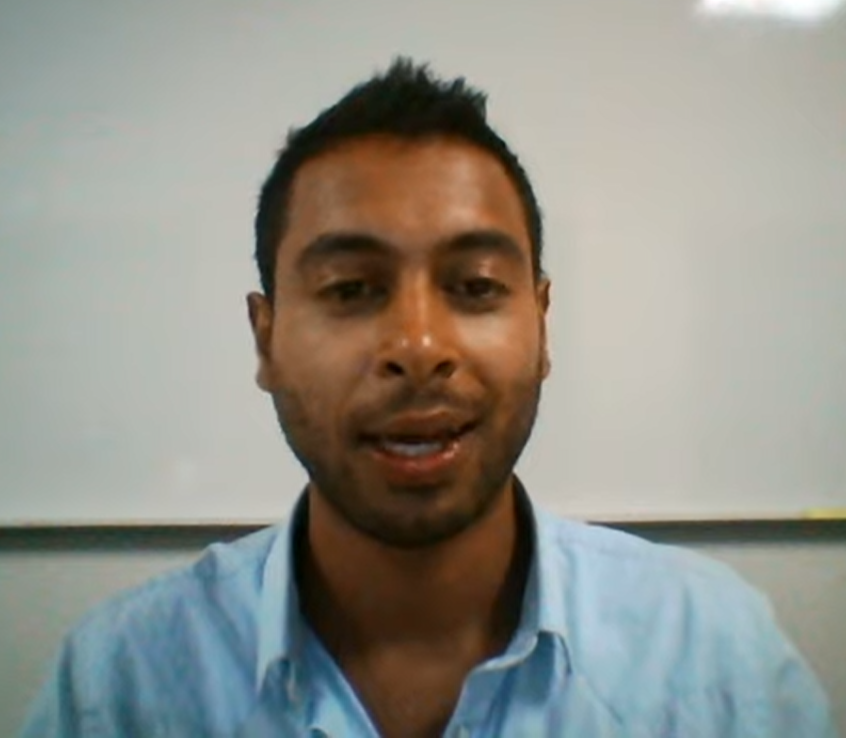
For anyone to have suggested that my physical condition was in my head would have been a serious insult. In my head, to me, implied fake. Why would I fake the thing that was ruining my life and kept me from moving forward? The idea that I was faking or exaggerating my pain was the furthest thing from the truth. My pain was real, objective, and chronic, just like every other physical sensation, and I would have done anything to get rid of it. Plus, I had mainstream diagnoses from the doctor, especially of my vocal disorders, so the fact I was suffering from a physical condition was an objective reality [for the neck/back pain, they called it “chronic pain syndrome,” a catch-all term for a variety of pain symptoms]. However, Karim’s compelling testimony opened me up to the idea that my real physical condition could have an origin in psychosomatic (i.e. mindbody) processes. After all, the mind is extremely powerful, and maybe emotions could be a factor in my condition. Nothing else worked — what did I have to lose?
That same day, I ordered Healing Back Pain by John Sarno, on Karim’s recommendation, and started immersing myself in the world of mindbody medicine. I was planning to take a few months off after graduation anyway, which was normal for students to do, so that break gave me some time to explore this new frontier. Dr. Sarno’s books talked about how certain personality traits—perfectionism, do-goodism, people-pleasing, low self-esteem, and so on—lead to the accumulation of large amounts of emotional stress, primarily anger, on an unconscious level, which manifests as physical symptoms. Dr. Sarno observed many of these personality traits in his patients who suffered from chronic pain. He started supplementing the usual medication/physical therapy with talk therapy/lifestyle changes. And, magically, people started to heal (see THIS old 20/20 segment featuring the Dr. Sarno).
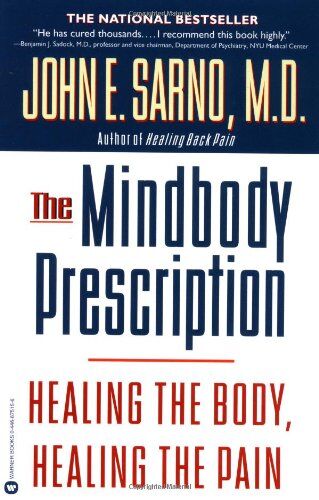
As soon as I finished Healing Back Pain, I ordered Dr. Sarno’s The Mindbody Prescription, which expanded on these same concepts, and applied this prescription to a variety of health condition based on Dr. Sarno’s vast clinical experience. This is the one book I tell people to start with if they want to learn more. “You just have to read the book, man.” [I’ll include my full mindbody reading list at the end].
The fact that stress negatively affects health outcomes is no secret. According to WebMD, stress “seems to worsen or increase the risk of conditions like obesity, heart disease, Alzheimer’s disease, diabetes, depression, gastrointestinal problems, and asthma” (source). We also know that trauma victims suffer from a host of subsequent physical health conditions. What Dr. Sarno, and many other doctors discovered, is that stress not only affects, but causes a lot of health conditions; and that the basket of conditions implicated is a lot larger than what the medical establishment previously thought. Human beings are not cars. Human beings are complex emotional organisms with powerful egos evolved to store energy in the form of thoughts, memories, and experiences.
In hindsight, everything made sense. My family situation was pretty messed up. My father had walked out on us. My spirituality wasn’t a source of much positive energy in my life, even though I seemed to think about God a lot. My spiritual life throughout high school and college mostly consisted of me trying to reconcile what I had been taught about God with my experience – a feat that became increasingly difficult as time went on. I was also perfectionistic. I cared a lot what people thought, and, deep down, had low self-esteem, likely owing to my family issues and lack of a strong identity. Before I went to college, the perfect storm was brewing. I had all my other issues up until at that point–now coupled with the prospect of leaving my family to go somewhere I didn’t really want to go with little sense of purpose or inspiration. I remember experiencing anger in high school. However, ironically, when my health was at its worse in college, I was not a consciously angry person. All of this natural emotion had seemingly vanished, buried deep, not to be seen or heard from, all the while my life was in a really bad state.
The light shines in the darkness, and the darkness has not overcome it.
John 1:5
During the months after graduation, I kept consuming mindbody literature, and I started doing what the mindbody doctors and other people who had healed recommended. I started openly and honestly journaling, on paper and in my mind. I started slowly reintroducing physical activity, something that used to terrify me since I had pulled muscles and exacerbated my condition numerous times over the years. [Dr. Sarno posited the mechanism of chronic pain was oxygen deprivation to muscles, which makes them more likely to get injured.] However, over time, something amazing happened. My pain started to decrease. There were moments where I barely felt any pain at all, something I could not remember experiencing in years. Suddenly, my mind started to widen, and my pain wasn’t the only thing I could think about in the morning and at night. After a few months of journaling, slowly increasing my physical activity, consuming testimonials and mindbody literature—boom!–my pain had disappeared. Gradually, non-linearly, but completely. I used to wonder whether I would ever be able to do physical activity again. The fact that my neck/back pain was gone was a miracle, even though it didn’t happen in an instant.
A man’s spirit will endure sickness, but a crushed spirit who can bear?
Proverbs 18:14
Apparently, my internal reservoir of negative emotion, particularly anger, had become so great, due to my biography / personality traits, that my conscious mind could not, or did not want to, deal with it. In short, my poor physical health was a reflection of the pain that was going on inside of me. As I started healing, I started experiencing raw emotion again. “Yo, where did that anger come from?” “Yo, where did that sadness come from?” I was gaining access to my reality, and, in the process, my humanity was being restored. The unemotional sick version of myself was a fraud that my brain had created to try to protect me from emotions that it deemed to be dangerous/overwhelming. “I got this, brain. Time to show me the money.”
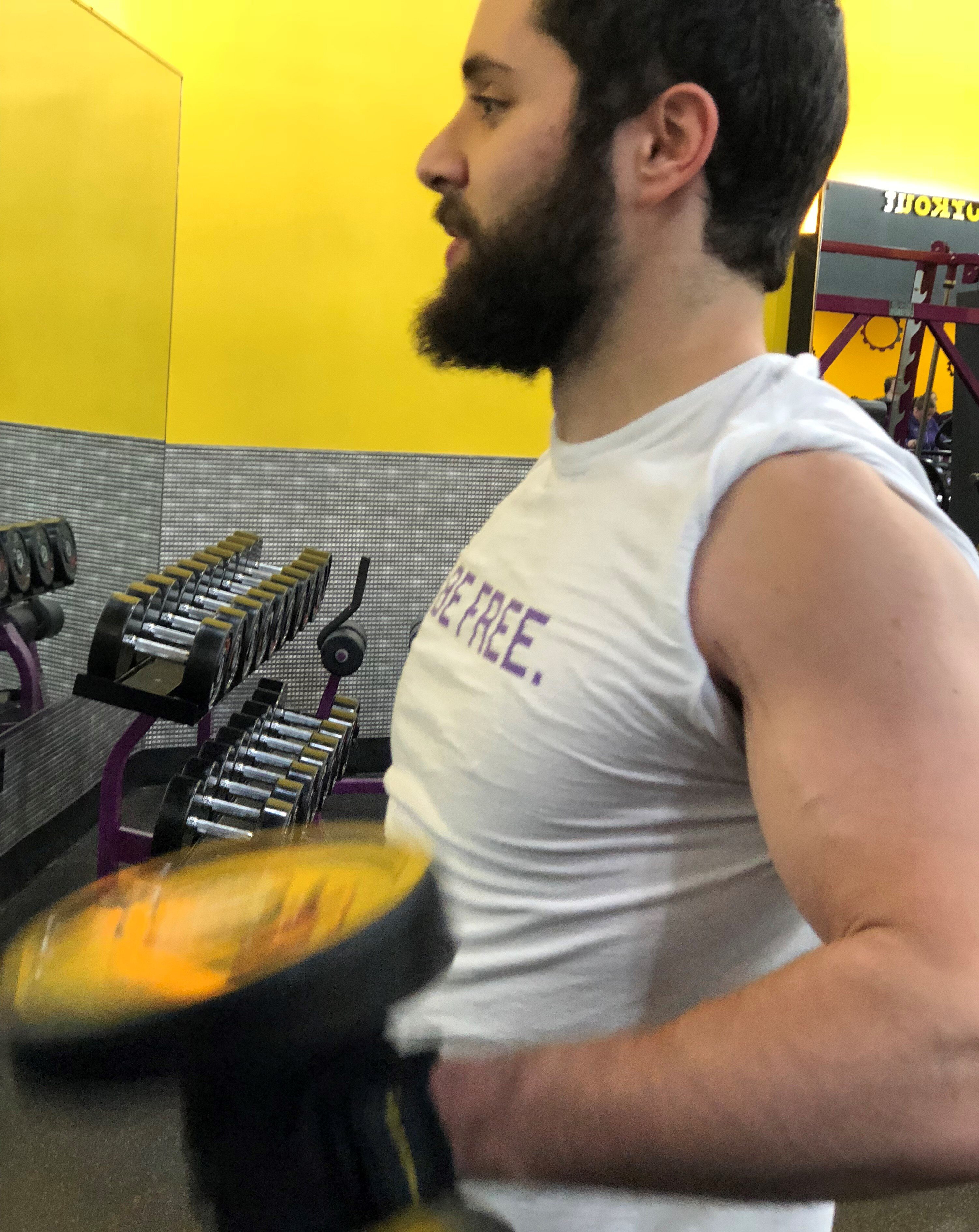
The mainstream medical system I was a part of for nearly 5 years failed to treat my condition. I was told that healing was impossible, and that I should learn to cope instead, with expensive drugs and doctor visits, even though healing clearly was possible. Unfortunately, my testimony is extremely common for a lot of people living with various chronic conditions. The system I was a part of sucks at healing, but what it does do exceptionally well is create lifelong customers. By my judgment, it is driven largely by economic interest. It’s no wonder Dr. Sarno was dismissed by many of his colleagues. There is little money or interest in teaching people to heal themselves through lifestyle changes, even if the results, over time, add up to something akin to a miracle. I’m not one to cast aspersions, but sometimes you have to tell it like it is. Like, for example, when greed, negligence, and bad science may be keeping people from getting healed.
People are also complicit in this system. A lot of people prefer a quick fix in the form of a pill or other passive treatment than to make systemic lifestyle changes and face the hard, even traumatic, aspects of their reality.
If you want to learn more about mindbody medicine, The Mindbody Prescription is a great place to start. I had a friend with fibromyalgia whom I shared this knowledge with. He says it healed him completely. There is a treasure trove of other books on the topic, as well, that I haven’t made the time to read. In the last few years, I have met countless people with chronic conditions, in person and via the internet. Almost all of them who went down a mindbody path, after being convinced that it applied to their situation, experienced some relief, and many of them were completely cured.
FYI, if you want to read myriad healing testimonies like mine, you can check out the reviews of Dr. Sarno’s books on Amazon; visit Thank You Dr. Sarno (Dr. Sarno passed away a couple years ago, and the site is no longer updated). There is also a forum link HERE with a variety of detailed testimonials.
My Life Today
Today, I do intense physical activity almost daily, whether that’s the treadmill, stationary bike, or calisthenics (it’s winter right now where I live). I’ve completely various bodybuilding challenges with friends over the years, including a bench press challenge (I benched 255 pounds weighing only 170 pounds), push-up challenges, and a bicep competition. Last summer, I ran three half-marathons in the span of two weeks all. I regularly play competitive sports, including soccer, basketball, flag football, and tennis. To think I could go from wearing a neck brace for years, unable to support the weight of my own head, to the afters in that article ^ is mind-boggling. I take pride in these feats because I, and no one who knew me, would have believed this was possible.
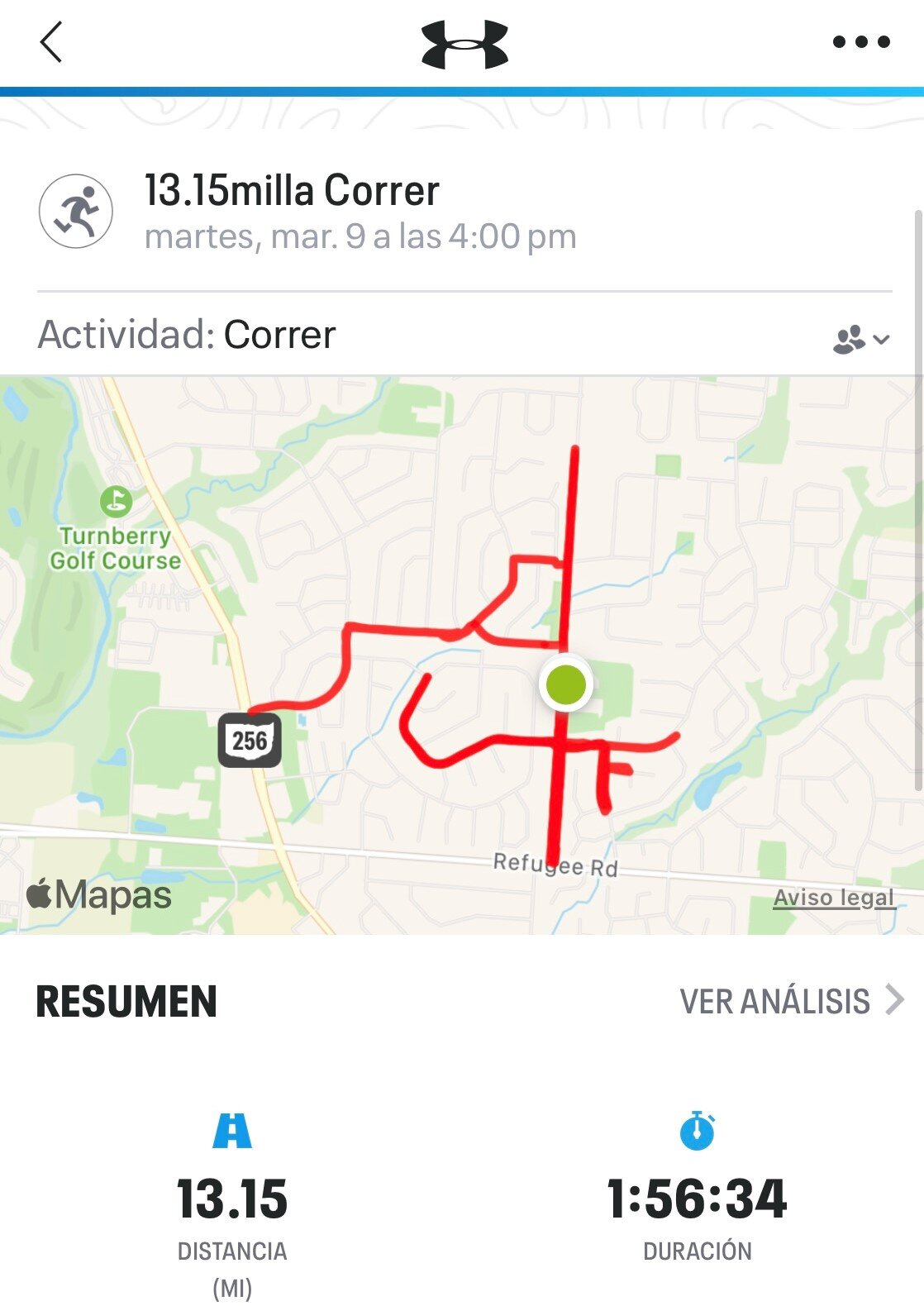
To be sure, my life is far from perfect. I experience various challenges every single day. However, I don’t have the same physical limitations that I used to, and I’m not the least bit afraid of physical activity. I realize that when challenges come, I have the power to process them and keep them from spiraling into a vicious cycle.
Grace is when we heal faster than we hurt. Zach Bush, M.D.
Zach Bush, M.D.
My 7 Keys To Continual Healing
Life is dynamic, for better or worse. We can’t take things for granted, good or bad. Here are some of the biggest factors and habits—in no particular order—that I have identified as especially conducive to emotional and physical healing.
1-) Quality Relationships—This item is probably first in importance. Quality relationships provide for a continual exchange of positive energy. Having good relationships with others is key to living a happy and fulfilled life. It’s also key to good physical health. I am a person of faith, and I believe that quality horizontal relationships with people starts with a quality vertical relationship with God.
2-) Diet & Exercise—Obviously, when you are chronically ill, like I was, you cannot exercise. But once you slowly start to regain that ability, exercise is very important. Diet is something we can all do better at. When we eat trash food, it creates stress in the body. Healthy food, in moderate quantities, increases our ability to process stress. This is conventional wisdom in secular science. If you are a person of faith, just examine at all the dietary restrictions God gave the Hebrews.
3-) Journaling / Talk Therapy—Journaling can be a big part of emotional and physical healing. In fact, the mindbody Structured Educational Program, designed to promote healing, consists of a series of targeted journal prompts. Professional therapy can be a great opportunity for people with the means. However, for me it was pen & paper; sometimes thinking or talking to myself; and now sharing with trusted people on occasion to help process my experiences. The more detail, the merrier.
4-) Meditation / Quiet Time—The exciting technology and endless novelty of the modern world has created an “epidemic of overstimulation.” That fact is that sometimes we need to slow down so we can process our lives. Quiet time / meditation for me, especially in the mornings and evenings, helps me catch up on my backlog of unprocessed emotions. I still have a long way to go, but I can see how far I’ve come.
5-) Fasting—I practice fasting /calorie restriction on a semi-regular basis. This helps me stay grounded spiritually and gives my body an opportunity to rejuvenate.
6-) Dream Therapy—Freud described dreams as “the royal road to the unconscious.” Everyone dreams. When we start paying attention to our dreams, we often begin to recall them with greater vividness and frequency. Dream therapy, which consists of keeping a dream journal and analyzing our dreams, can give us valuable information about ourselves communicated by the unconscious mind.
7-) Acceptance Of Reality—There’s body work, like diet, exercise, fasting, and then there’s mental work, like this one. Accepting reality is critical to healing. When we resist reality, by being mad at people, God, nature, situations, we become a slave of it. Imagine a glass of water. I pick it up and set it down. While it was in my hand, it was on my mind. After I set it down, I forgot about it, because I attach no value to a glass of water. Therefore, it has no staying power. Resistance is a function of the ego. Resistance magnifies the value our brain attaches to thoughts, memories, situations, and people. In this sense, we can learn from animals. When a rabbit breaks its leg, it doesn’t rue its plight. It thinks, “Now I got 3 legs. Let’s go!”
What you resist will not only persists, but will grow in size.
Carl Jung
Lastly, here is a reading list of my favorite mindbody books. Like I said, I took a few months off after graduating, and I consumed as much literature as I could. My focus today is on application. I don’t read a whole lot anymore on mindbody medicine, or spend time on the forums, because I have a strong enough foundation to execute on. However, these books and the forums were a big blessing to me in the process of laying that foundation.
My Mindbody Book Recommendations:
–> The Mindbody Prescription: Healing the Body, Healing the Pain (John Sarno)
–> Healing Back Pain: The Mindbody Connection (John Sarno)
–> The Divided Mind: The Epidemic of Mindbody Disorders (John Sarno)
–> Unlearn Your Pain (Howard Schubiner)
–> The Great Pain Deception: Faulty Medical Advice is Making us Worse (Steven Ozanich)
–> Dr. John Sarno’s Top 10 Healing Discoveries (Steven Ozanich)
–> The Hidden Psychology of Pain: The Use of Understanding to Heal Chronic Pain (James Alexander)
–> Hope and Help For Your Nerves (Claire Weekes)
–> The Bates Method for Better Eyesight (William H. Bates)
–> Love Yourself Like Your Life Depends On It (Kamal Ravikant)
–> When The Body Says No: Understanding the Stress-Disease Connection (Gabor Maté)
–> The Gifts of Imperfection (Brene Brown)
I wish you well. If you have any questions, feel free to comment below, and I’ll get back with you as time allows. Here is a recent selfie I took that, to me, illustrates the 180 I experienced after discovering my cure.
